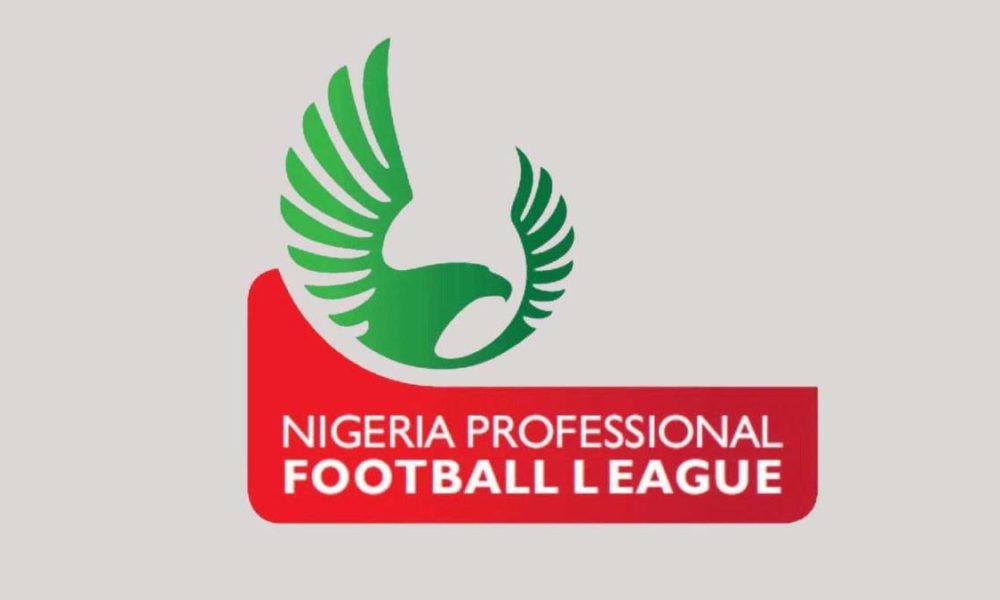Over 42 years of the NPFL’s existence, the league has gone through a lot of phases including name changes as well as history-defining moments.
In 2013, the NFF issued the license to organize and regulate the top tier league to them in 2012 for the purpose of organizing and promoting the league to meet global technical and commercial standards, the league nevertheless, has regressed badly in recent years.
This can be attributed to the frequent involvement of political activities either at the government level or individual level in the affairs of Football in the country.
A situation where many football analysts, fans, major stakeholders, and neutrals alike have called for a change if progress is to be achieved in the league.
While Government involvement in football affairs includes club ownership, the manner in which the administration of such clubs is handled leaves a lot to be desired.
Last year a power tussle and political games between two individuals, Chris Giwa and Amaju Pinnick, temporarily grounded football activities across all levels in the country which ultimately led to the abrupt end of the 2017/2018 NPFL season.

Whether at the Government or individual level, these are some of the few ways politics have had negative effects on the Nigerian Professional Football League.
Distortion In NPFL Calender
The power tussle between Pinnick and Giwa which happened after the ouster of the Super Eagles at the World Cup, crippled all footballing activities in the country subsequently leading to a premature ending of 2017/2018.
While the issue was resolved after a ban threat from FIFA, the league failed to resume for 2018/2019 initially scheduled for November due to another political crisis and gimmicks between the League Management Committee and the Nigeria National League, after a disagreement on the number of teams to be promoted into the NPFL from the NNL.

By the time the issue was resolved with a decision to play the Super 8 by the top 8 NNL clubs, the league was way behind schedule later starting on January 13th when other leagues were already halfway into 2018/2019.
This led to a cramped calendar where the league is expected to end by May just before the 2019 African Cup of Nations.
NPFL Bad Image & Marketing
With all the issues encountered with the delayed start of the league as well as the aforementioned power tussle, it’s not a good projection of the League to the world, and with the uncertainty that surrounds the administration League as well as government ownership of club sides, it is going to be hard to secure tangible sponsorship if any for the league.
Already there were reports of a potential TV deal for the 2018/2019 season due to a distorted calendar and delay at the start of the league
NPFL Mass Exodus Of Players
Long before now despite the government ownership of club sides, players in the NPFL are always desperate to jump the ship to the nearest foreign clubs and leagues even to countries where it’s hard to imagine football being played there.
This is because the welfare of players is poorly managed as they are handled like civil servants by clubs owned by governments, furthermore, they are owed backlogs of salaries, bonuses as well as sign-on fees leaving players who get the opportunity no choice but to jump ship.
NPFL Poor Administration
Despite having the word “Professional” in its name, the NPFL is short of anything professional in almost every ramification, clubs lack proper structure and branding especially government-owned clubs where the level of success achievable is dependent on the attitude of the sitting Governor towards sports.
Also, it’s not uncommon to see Governors score cheap political points by making promises towards the season of elections and failing to redeem them afterward.
NPFL: Lack Of Professionalism
In comparison to what is obtainable in other developed leagues in the world, the NPFL lags greatly behind with the unprofessional manners with which many issues are handled.
The reason is not far-fetched, many club officials and administrators in the league were appointed on political grounds and not based on their knowledge of football administration and by such deliver to the best of their competence which is usually not enough to grow the league.
Aside from this, it is reported that a certain Deputy Governor of a state is listed as a player in the team of the club owned by his state government this season, you wonder why?
Conclusion
After all said and done, politics and football are totally separated and as such should be handled in such a manner, little wonder FIFA frowns at Government interference in footballing issues.
Politics slows down the progress of the league and should any meaningful progress is to be made, efforts must be made to ensure politics is separated from the NPFL and privatize the ownership of government-owned clubs.



